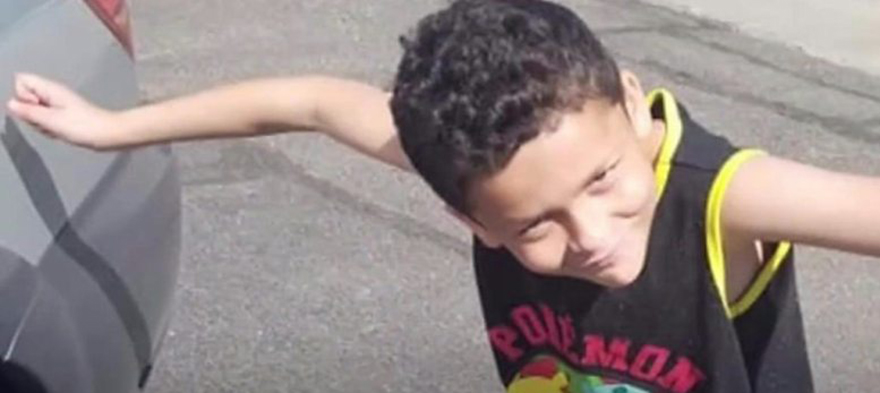
Aug 29, 2018 12:00:00 AM
Nickolas Gaines is a veteran, national speaker, and educator. Nickolas is a prominent scholar-practitioner who has a wealth of experience, expanding over 10 years of service in local, regional, national, and international communities. He is a global citizen who has served the United States Army for seven years and has led initiatives for the Department of Defense and Department of Veterans Affairs providing spiritual care and clinical mental health care. As an educator, his work has been featured in Ebony Magazine and The Good Man Project. He was also recognized by Apple Podcasts and the New York Times for his podcast work on topics such as masculinity, race, mental health, queer identity, and fatherhood. Currently, Gaines is raising his two sons aged 4 and 8 and pursuing his childhood dream of being a high school teacher as a first-year English language art reading and social studies educator in Dallas.
Few issues in education spark more tension and debate than standardized testing. Are they a tool for equity or a burden on students? A necessary check on school systems or a flawed measure of...
Charter schools are public schools with a purpose. Operating independently from traditional school districts, they're tuition-free, open to all students, and publicly funded—but with more flexibility...
Despite the benefits of a diverse teaching force, prospective teachers of color fall out of our leaky preparation pipeline at every stage: preparation, hiring, induction, and retention. Here’s what...
Ed Post is the flagship website platform of brightbeam, a 501(c3) network of education activists and influencers demanding a better education and a brighter future for every child.
© 2020-2025 brightbeam. All rights reserved.
Leave a Comment